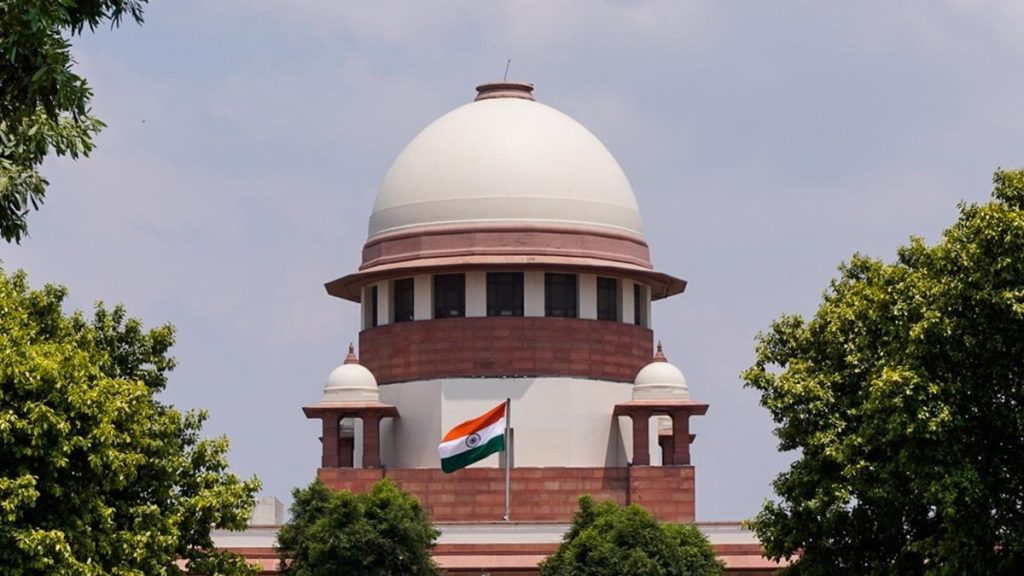SYLLABUS
GS-2: Structure, organization and functioning of the Executive and the Judiciary Ministries and Departments of the Government; pressure groups and formal/informal associations and their role in the Polity.
Context:
A five-judge Constitution Bench of the Supreme Court in its advisory opinion has ruled that the Judiciary cannot impose any timelines for decisions of the President and the Governor on granting assent to Bills under the Constitution.
More on the News
- The SC delivered its opinion on the 16th Presidential Reference under Article 143, addressing 13 constitutional questions concerning the President’s and Governor’s powers in granting assent to State Bills.
- Earlier, a two-judge bench’s verdict in the State of Tamil Nadu v. Governor of Tamil Nadu (2025) case had effectively set a timeline for the President and Governors to act on Bills passed by the state legislatures.
Key Highlights of Judgement
Judiciary Cannot Impose Timelines:
- The Supreme Court ruled that courts cannot impose rigid timelines or introduce “deemed assent” for the President or Governors under Articles 200 and 201.
- The exercise of these constitutional functions falls within the executive domain and is not amenable to fixed procedural timelines mandated by courts.
- Imposing such judicial timelines would infringe upon the constitutional principle of separation of powers and upset the balance between the judiciary and the executive.
Constitutional Provisions
- Article 142: It grants the Supreme Court the power to pass any order necessary to ensure complete justice in any case before it.
- Article 143: It grants the President the power to consult the Supreme Court for its advisory opinion on legal or factual matters of public importance.
- Article 200: Lays down the Governor’s options when a Bill passed by the State Legislature is presented for assent.
- Article 201: Provides the procedure when a Bill is reserved for the President’s consideration.
Governors Must Act with Constitutional Responsibility:
- While the Court declined to fix any deadlines, it underscored that Governors are expected to perform their duties promptly and in accordance with constitutional morality.
- Indefinite delays or purposeful stalling undermine democracy and may attract limited judicial scrutiny or directions.
President’s Role in State Bills:
- When Bills are reserved for the President’s consideration, the Court clarified that the process remains within the executive’s discretion and cannot be constrained by judicial timelines.
- Nonetheless, timely decision-making by the President remains an important constitutional norm and expectation.
Scope of the Governor’s Discretion:
- The Court reaffirmed that the Governor does not function as a parallel power centre; their discretionary powers are limited and generally must align with the aid and advice of the Council of Ministers, except in constitutionally specified areas.
- Moreover, the Governor’s power to return Bills should not become a tool to politically block legislation or act as a parallel power centre.
Implications of the Judgement
- Strengthening Cooperative Federalism: The opinion encourages smoother legislative-executive coordination, ensuring that constitutional offices respect federal norms.
- Limiting Constitutional Delays: Although the Court cannot enforce deadlines, its emphasis on swift and responsible action may guide future executive behaviour.
- Guidance for Constitutional Offices: The ruling provides clear constitutional interpretation on the functioning of Governors and the President with respect to State Bills, helpful for resolving disputes and avoiding future litigation.

